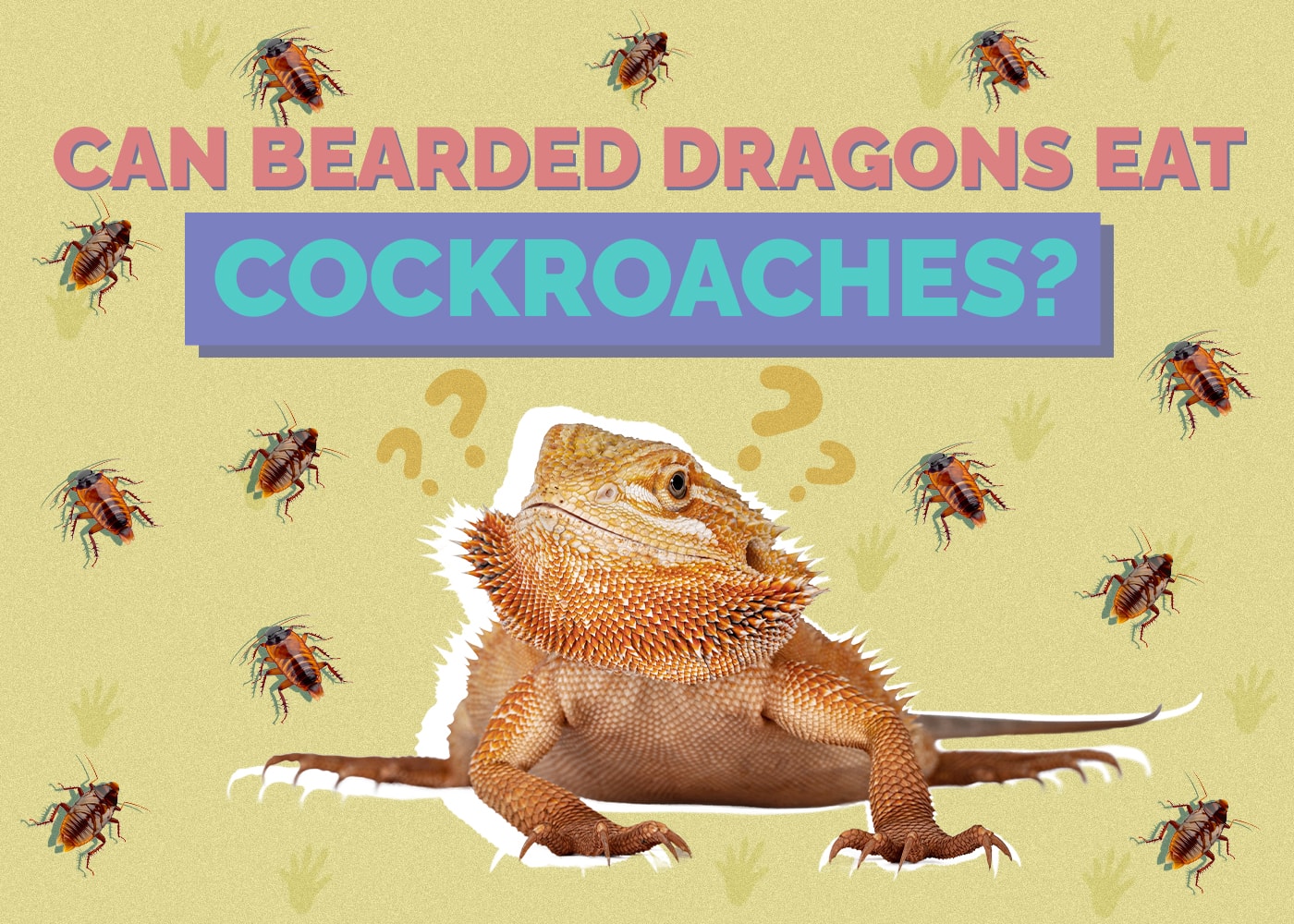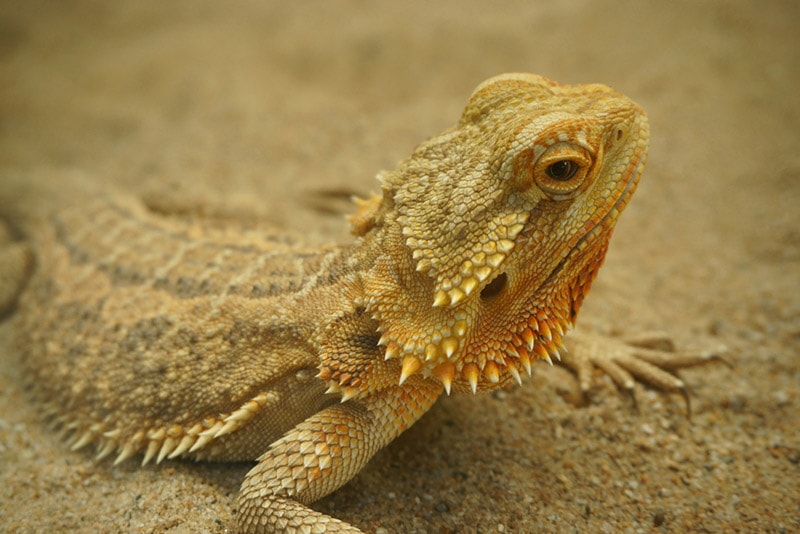Can Bearded Dragons Eat Dill? Vet-Approved Nutritional Facts & FAQ
Updated on
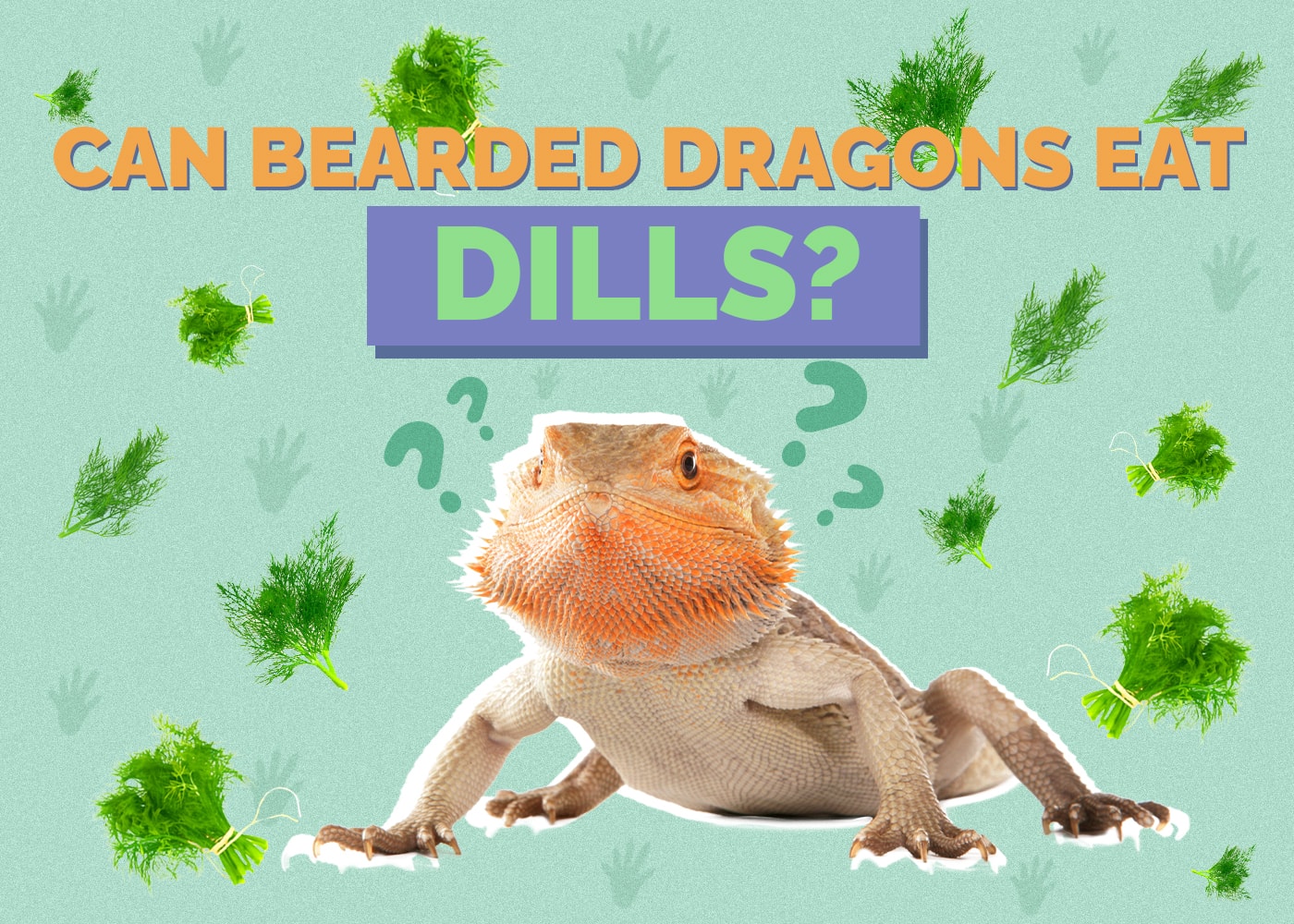
Click to Skip Ahead
Bearded dragons need both plant and animal material in their diet. The animal portion will consist mostly of bugs like crickets and works, while the plant portion should mostly be vegetables like arugula, Bok choy, collard greens, and mustard greens. You can, however, add other veggies and herbs to your beardie’s daily salad to prevent food boredom and ensure he’s getting all his nutritional needs met. One herb you might be wondering about is dill.
While Bearded dragons can eat dill, it should only be offered rarely and in small quantities. Read on to learn more.
What Is Dill?
Dill, sometimes called dill weed, is an annual herb in the celery family Apiaceae. Its leaves have a slightly sweet, grass-like flavor, while the seeds are more aromatic and taste like caraway seeds. Dill is often used in human cuisine to elevate the flavors in dishes like salmon and potatoes.
Additionally, dill is a fantastic source of nutrients like vitamin A, minerals like manganese, and antioxidants like flavonoids, terpenoids, and tannins. It may promote heart health 1 and have anticancer properties 2 in humans.
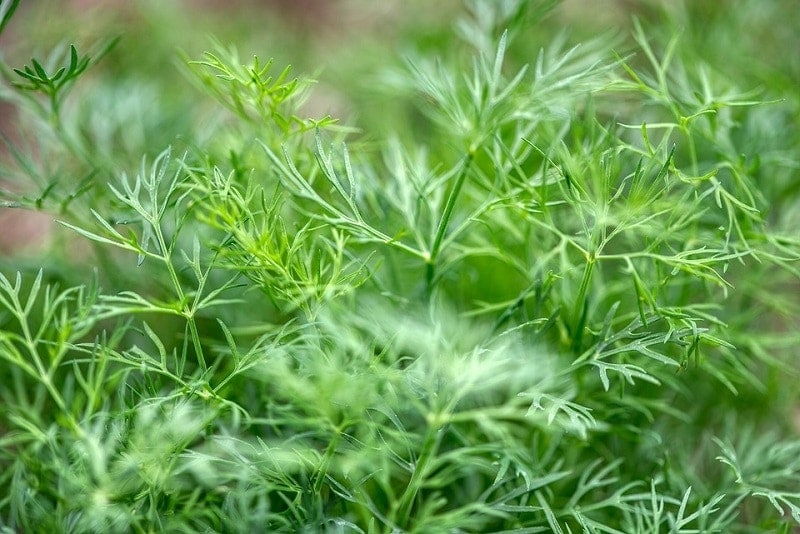
Can Bearded Dragons Eat Dill?
Bearded dragons can eat dill, but this aromatic herb should not be a staple in your pet’s diet.
Let’s look at the benefits of dill first.
Dill contains vitamin A, an important vitamin for immune system function and bone growth in beardies. It’s also high in vitamin C, another important nutrient for the immune system.
It has a great calcium-to-phosphorus ratio (3.2:1). This is important when considering what produce to feed your beardie, as calcium is necessary for your beardie’s bone growth, muscle function, and metabolism. However, if you feed foods too high in phosphorus and low in calcium, your beardie’s calcium supply will eventually dwindle, which can cause a host of serious health issues like metabolic bone disease (MBD).
Now, the downfalls of dill.
If your beardie eats too much dill in too large quantities, he can get sick. Dill is quite acidic and can cause gastrointestinal issues like diarrhea or vomiting.
What Other Veggies Can I Add to My Beardie’s Salad?
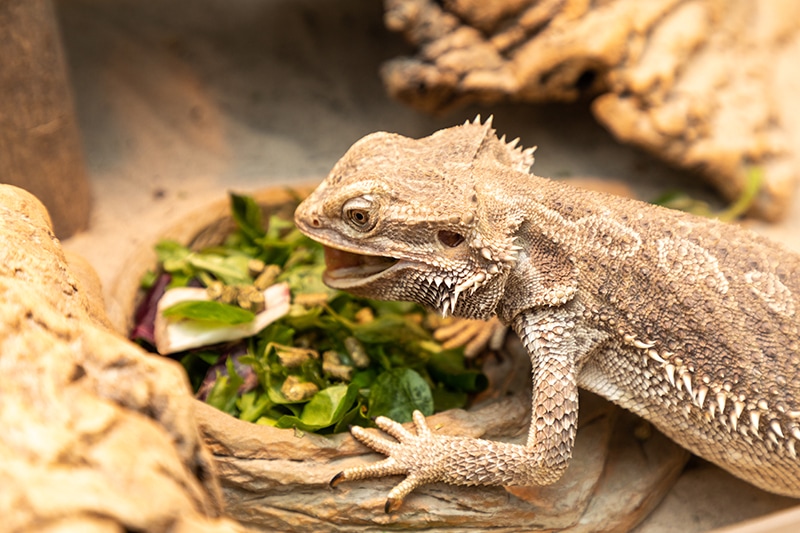
Your adult bearded dragon will need a salad consisting of staples (veggies he can safely eat daily) and other veggies you can offer periodically.
- Arugula
- Bok choy
- Collard greens
- Mustard greens
- Spring mix
- Turnip greens
- Beet leaves
- Bell peppers
- Carrot greens
- Cucumbers
- Pansies
- Yam
- Zucchini
Final Thoughts
Bearded dragons can eat dill occasionally, but it should be offered only in small quantities as it can cause digestive upset if fed too often or too much at once. If you’re on the fence about offering dill to your beardie, we recommend speaking to your exotic vet. They can provide the best nutrition advice based on the latest research to ensure your reptile is getting exactly what he needs nutritionally to thrive.
See Also:


